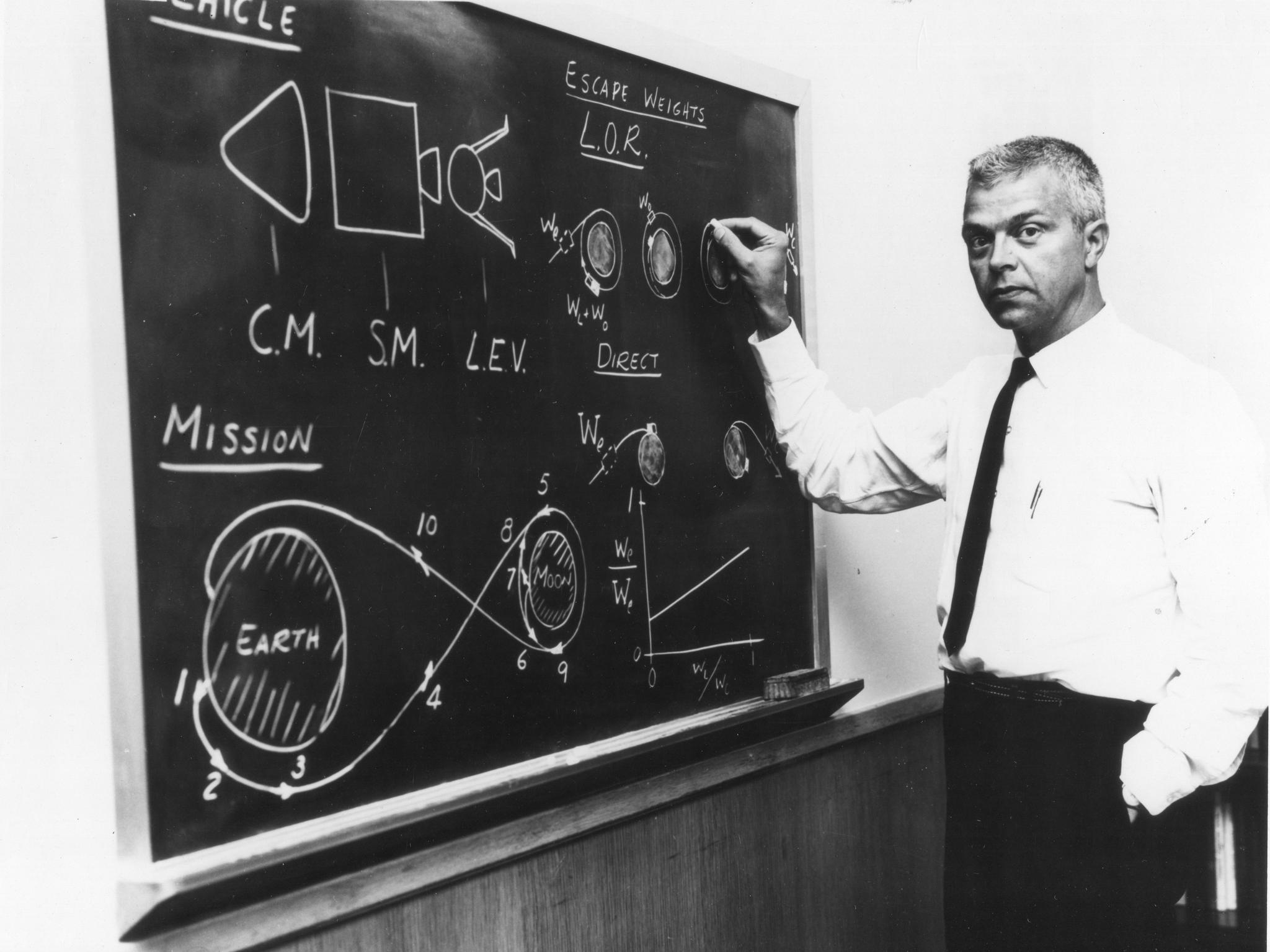Meet John Houbolt: He Figured Out How To Go To The Moon, But Few Were Listening

The Apollo program conjures images of Neil Armstrong's first steps on the moon and the massive team effort involved in getting him there. But a fundamental decision that led to the successful lunar landings came largely as a result of one man's determination to buck the system at NASA.
That man was John C. Houbolt.
Houbolt's vision of how to get to the moon prevailed over ideas pushed by NASA's heaviest hitters, including the German-born rocket scientist Wernher von Braun, who designed the Saturn V, and Max Faget, an émigré from British Honduras who was responsible for the Mercury capsule that put the first Americans into space.
In April 1961, President John F. Kennedy had energized America's space program by pledging to send "a man to the moon
You’re reading a preview, subscribe to read more.
Start your free 30 days





